From the moment I first learned how to swim, I knew the water would become my second home.
When I was young, all I ever wanted was to sprout gills and a tail so I could spend endless amounts of time in this mysterious blue world. I loved the weightless feeling of being suspended in the water and could never get enough of meeting new aquatic animals.
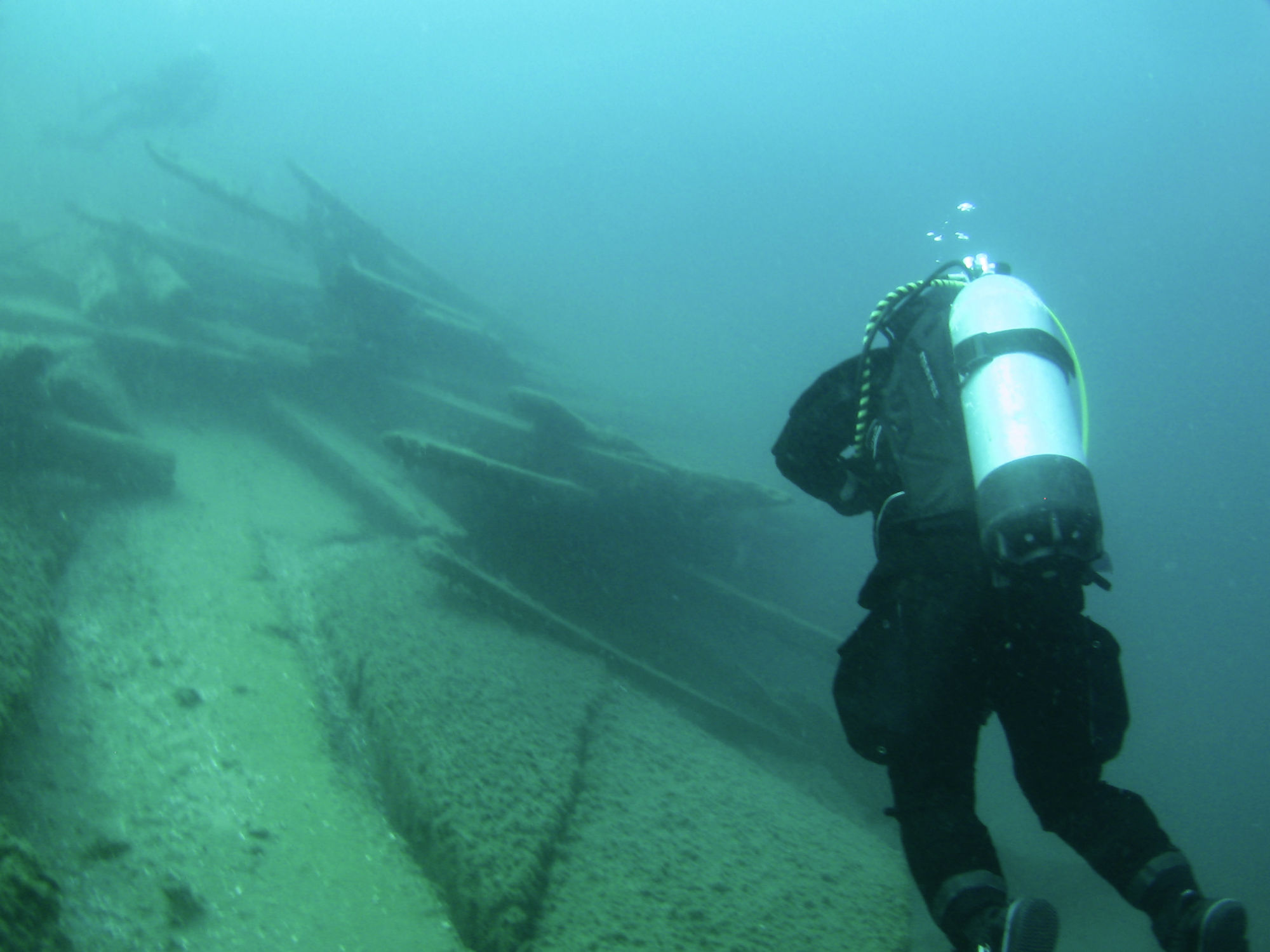
Time and time again, as I explored the underwater world through snorkeling and scuba diving, I always found myself wanting a little more.
Some divers prefer the safe and secure life of recreational scuba diving; then there are others where scuba diving is more than just a hobby it’s a lifestyle.
Like me, if you are one of those people that can’t get enough of the underwater world, it may be time to don your scuba gear and jump into the deep end. I’m talking about making the leap from passion to profession by getting your divemaster certification.
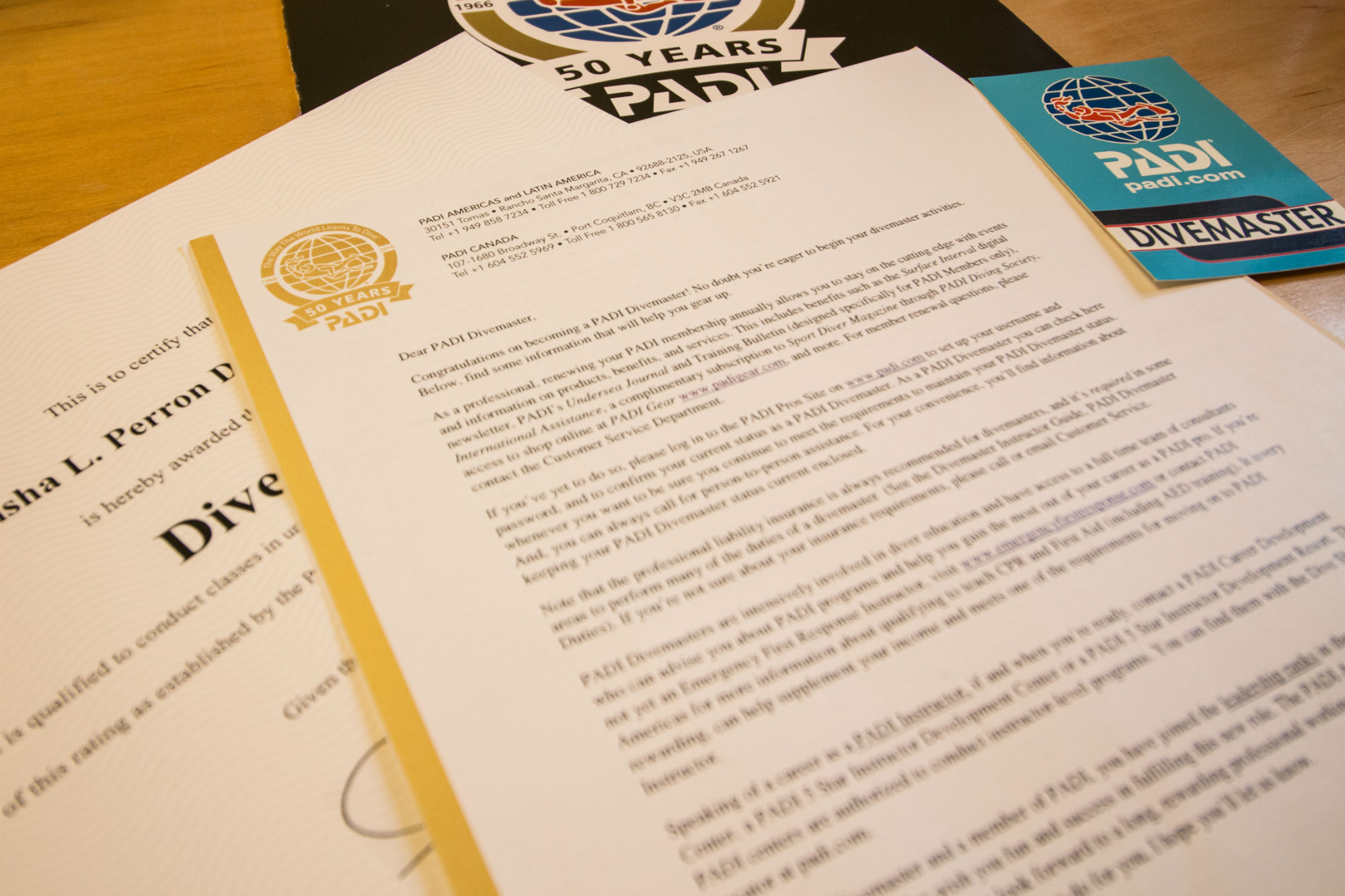
Going from a recreational scuba diver to a professional scuba diver is a significant endeavor. It’s a change that a lot of divers shy away from. Thinking about the cost and workload alone can dishearten many-a-diver.
To help encourage more divers to make the jump, here is a step-by-step guide of what to think about before getting your divemaster:
Before considering your divemaster certification, it’s important to make sure you have the scuba and first aid prerequisites prior to your course enrollment. Here are five basic divemaster must-haves, that are generally required across all major scuba diving agencies:
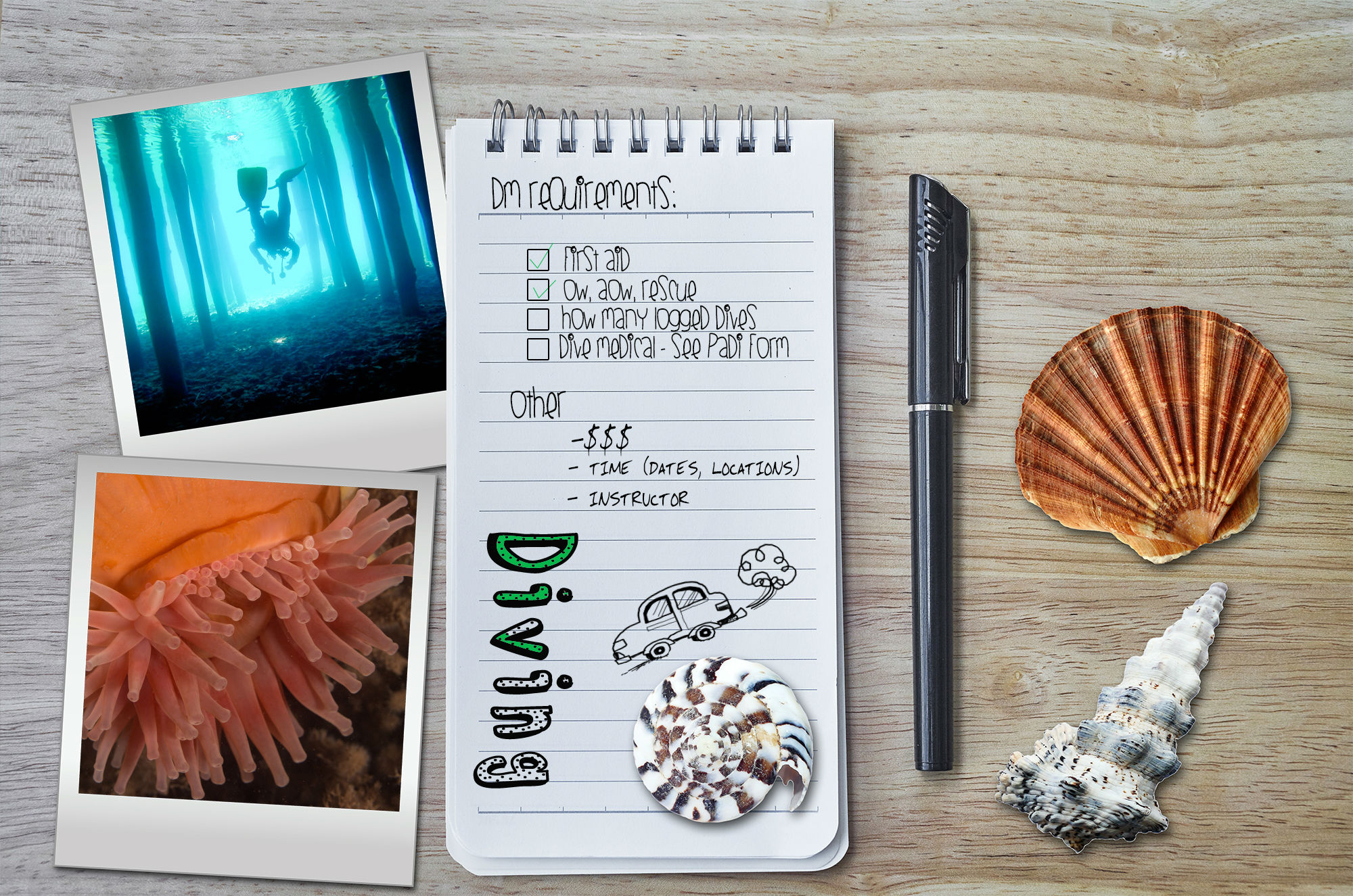
It’s a pretty big task deciding which scuba agency you will be following to the next level, especially if you plan on making diving a profession.
There are over 150 scuba diving agencies worldwide. Of the many agencies to choose from, the most notable are; PADI (Professional Association of Dive Instructors), NAUI (National Association of Underwater Instructors) and SSI (Scuba Schools International).
It goes without saying that, while selecting a diving agency is important, nothing tops having an excellent instructor with experience and safety as a top priority.
For more information on the top three diving agencies check out our PADI vs. NAUI vs. SSI blog post.
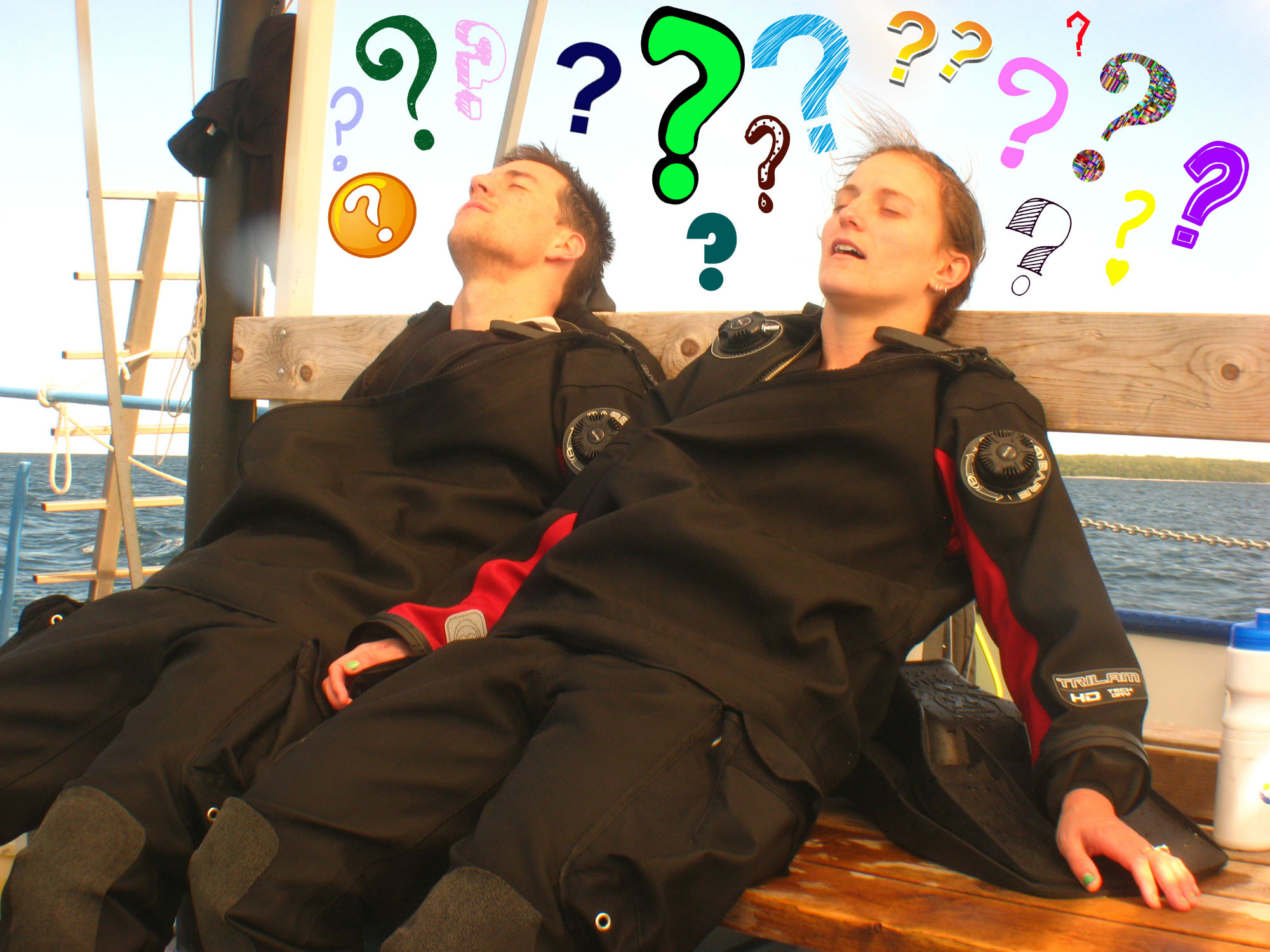
Given that Joey and I had done our advanced open water, nitrox, and rescue scuba diving certifications through PADI, it was pretty easy to make our choice. We went with PADI, not only because we liked the curriculum for the divemaster certification, but because they are such a well-known diving agency, it would help us out if ever we were on the hunt for divemaster jobs abroad.
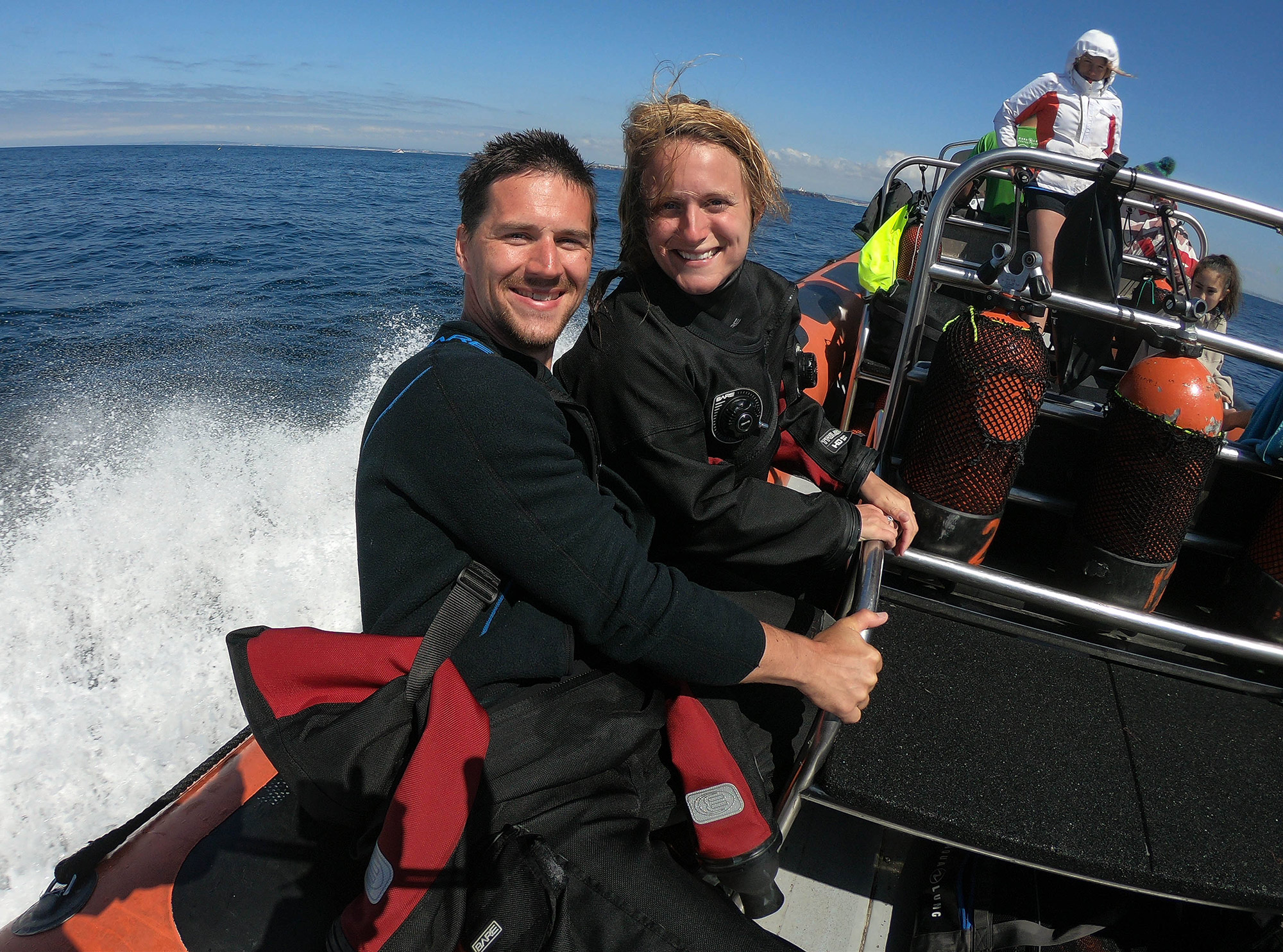
Once you become divemaster certified the world is your oyster. You can find jobs within your home country or abroad. If you’re still looking for your career path in the underwater field, there are plenty of scuba diving job opportunities on Jooble.
Don’t be fooled by any other recreational level scuba diving courses you have taken so far; getting your PADI Divemaster certification is no walk in the park.
The course consists of a lengthy program that can take several months to complete. Prospective divemasters will spend countless hours under the direct supervision of an instructor; watching, assisting and shadowing beginner scuba courses.
Because of the demanding nature of the course and its importance (it is after all your first steps into the world of professional diving), you will want to make sure it is done right. Having a top-notch instructor that you know and trust, as well as a reputable dive shop with a strong sense of safety, can make or break your divemaster experience. By doing your online research and getting feedback from other divers who have already completed the course you are setting yourself up for success.
Ensure that you make an informed decision and when possible stick with a scuba shop you know and love.
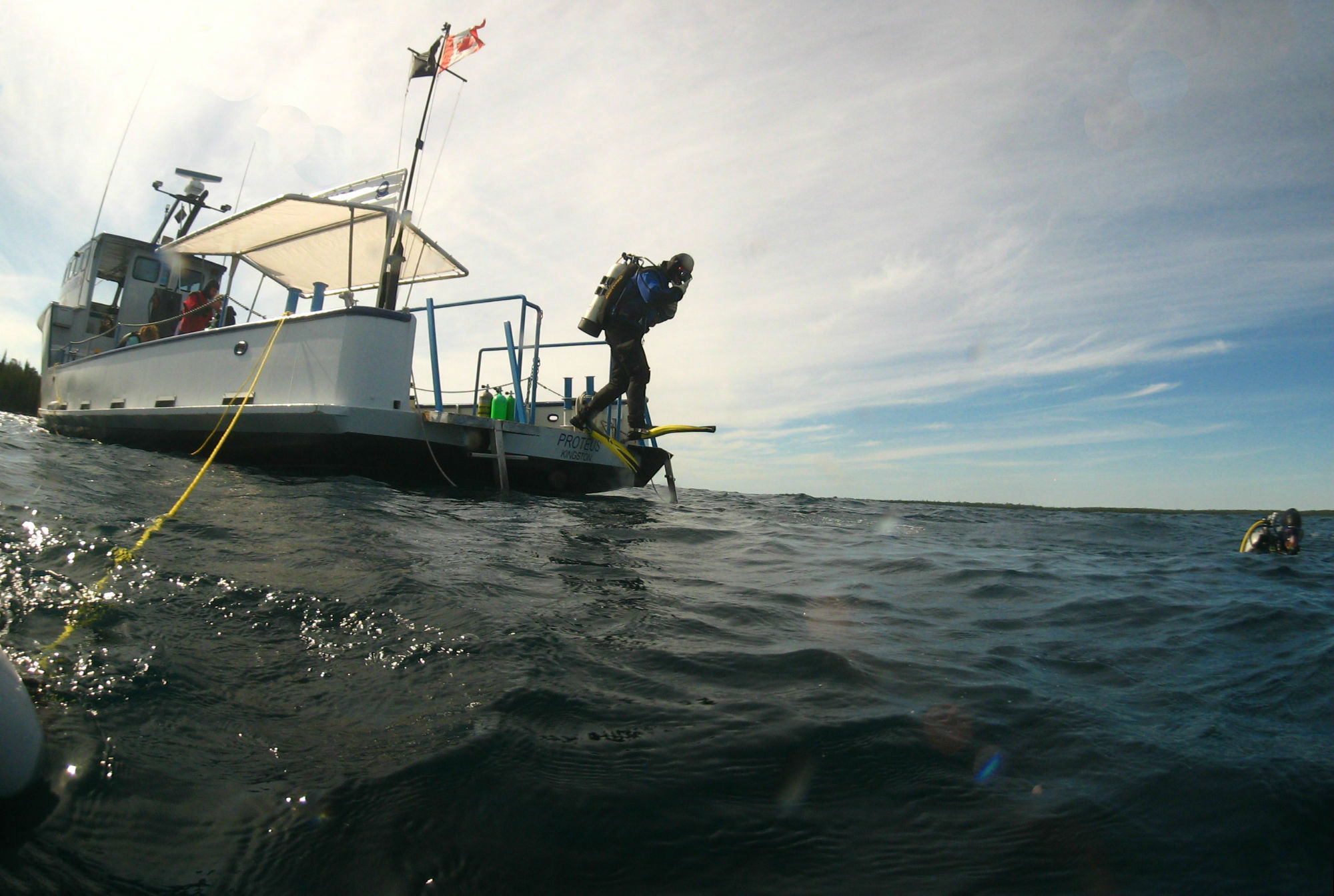
Joey and I were lucky when it came to getting our PADI divemaster certification. We had the good fortune of being certified by one of my close friends and colleague at the time. Because we knew each other so well and had completed multiple dive trips together, my colleague was able to make our certification experience a fun and memorable one. Joey and I were both very familiar with our instructors teaching style and had full confidence in her all ability to help us become first-class divemasters.
On average a divemaster course can take anywhere from 6 to 12 weeks. Having said this, there are always anomalies to the rules; some places may do it in a shorter timeframe while others may stretch it over a longer span of time.
If you are planning on cramming your divemaster into anything shorter than six weeks, make sure you know what you are getting into. When you complete your divemaster you are jumping from a recreational diver to a professional; there is a lot of knowledge to absorb and skills to master on the course. As a divemaster in training, you want to make the most at fine-tuning your skills, because once you start leading trips and assisting courses, you can be held liable if you don’t know your stuff.
Our divemaster course lasted for approximately five months. In those five months, Joey and I were working full time and would take care of our divemaster course on the weekends and during some weeknight evenings. To me, five months was the perfect amount of time to complete all of PADI’s divemaster requirements. I never felt rushed and had lots of time to absorb, process and perfect the course material.
When the weather was cold and not suitable for diving, Joey and I completed our book work and testing. We spent lots of one-on-one time with the instructor reviewing concepts and relearning our dive tables (we had gotten very lazy since purchasing our dive computers which do all the work for you).
When dive season was on, in the summer months, Joey and I assisted the PADI open water course, PADI rescue course and PADI advanced open water course. As divemasters in training we watched and learned as the instructor worked with some of the students teaching them to become successful divers.
If you’ve gotten this far in your scuba diving career, you will certainly not be surprised to know that getting your divemaster is not easy on the bank account. The further you tend to progress up the scuba certification ladder, the more and more expensive your courses become.
The cost of a divemaster course can run at anywhere from $600 to well over $1000, depending on dive shop, location, and equipment requirements.
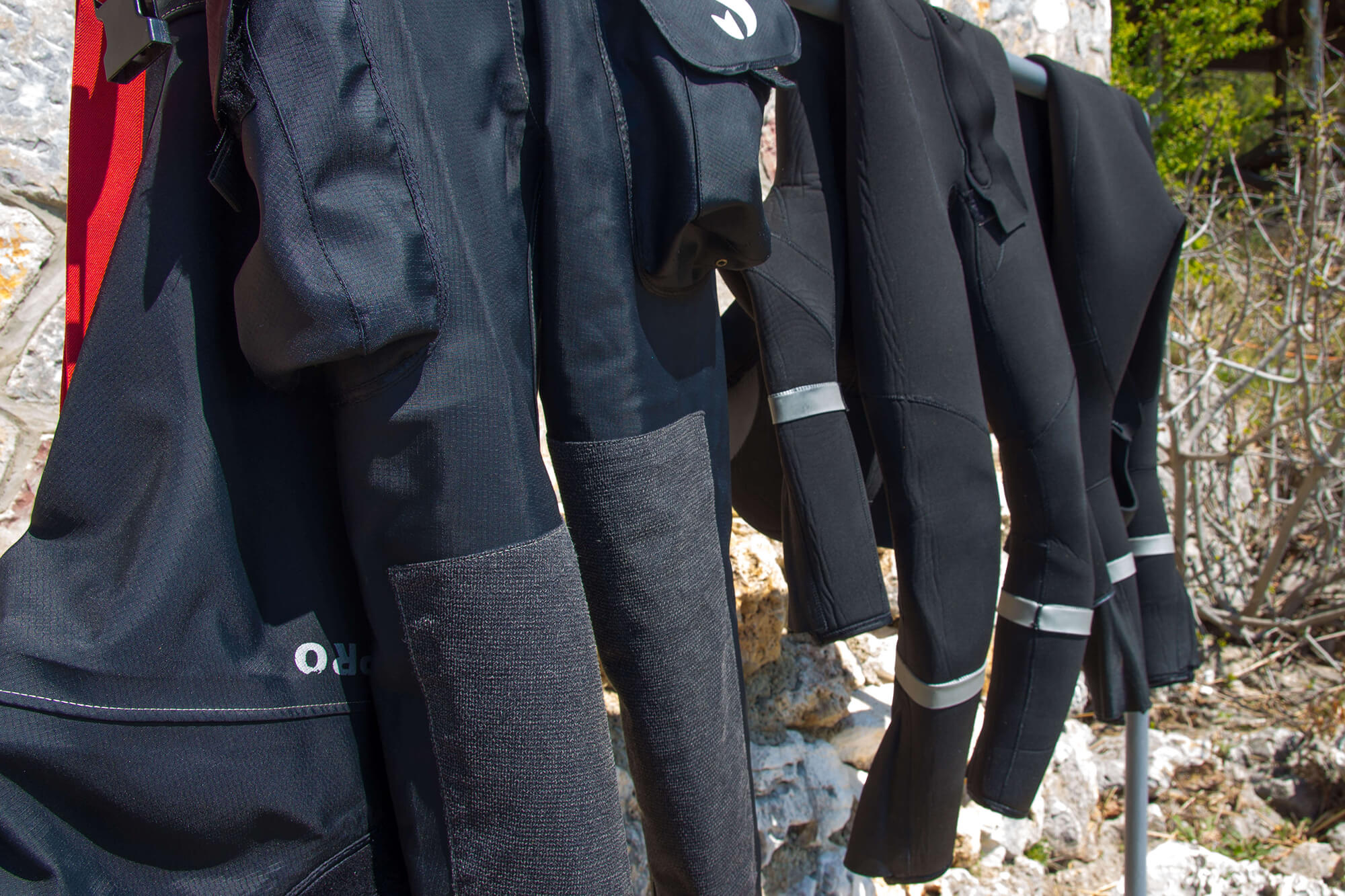
In general, this price usually covers assisting the lower level classes, the skill demonstration portion, the classroom time (if needed) the testing material and the crew pack (in our crew pack we were decked out with several dive manuals, waterproof cue cards, a dive briefing slate, a heavy-duty log book, stickers, a decal and a dive briefcase).
On top of the course fee’s, you should also consider the hidden costs that are often forgotten when budgeting for your divemaster. Here are a few of the potential hidden costs:
When it came to the financials revolving around our divemaster course, Joey and I were able to do it fairly cheaply for two big reasons:
1. We Owned our Own Equipment:
Over many years of diving together, Joey and I have pieced together our own set of diving equipment. We started our collection off with masks and fins and completed the equipment family with our most recent acquisitions – drysuits. It was convenient to have our own stuff over the course of our divemaster certification because it meant that we were both familiar and comfortable with our gear. It also helped to break down the course cost significantly. Instead of needing to spend the extra bucks renting gear from a local dive shop the only thing we had to worry about was tank refills. What a breeze!
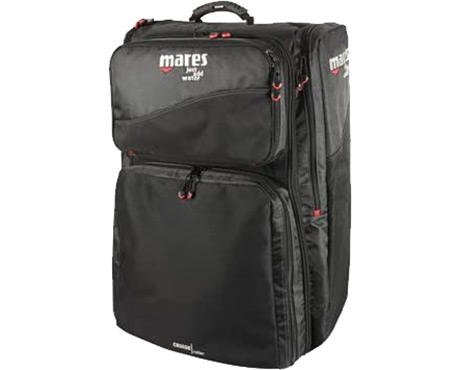
Wondering what’s in our scuba gear bag? Check out the Dive Buddies 4 Life shop and see what kind of equipment we are using for warm and cold water diving.
2. We had an Instructor BFF:
Scuba divers are a pretty special group of people. Having been divers for quite some time Joey and I are pretty well connected in the diving world.
One of our really good diving friend, who also happened to be an instructor, was kind enough to certify Joey and me as an early wedding present. She catered the whole divemaster course to our needs, ensuring that we focused our time and energy on the weaker tasks and giving us ample one-on-one time.
The only thing we needed to take care of was our PADI card fee’s (about $30) and the cost of the crew pack (approximately $300).
It felt great to perfect everything on the divemaster checklist and not break our budget in the process.
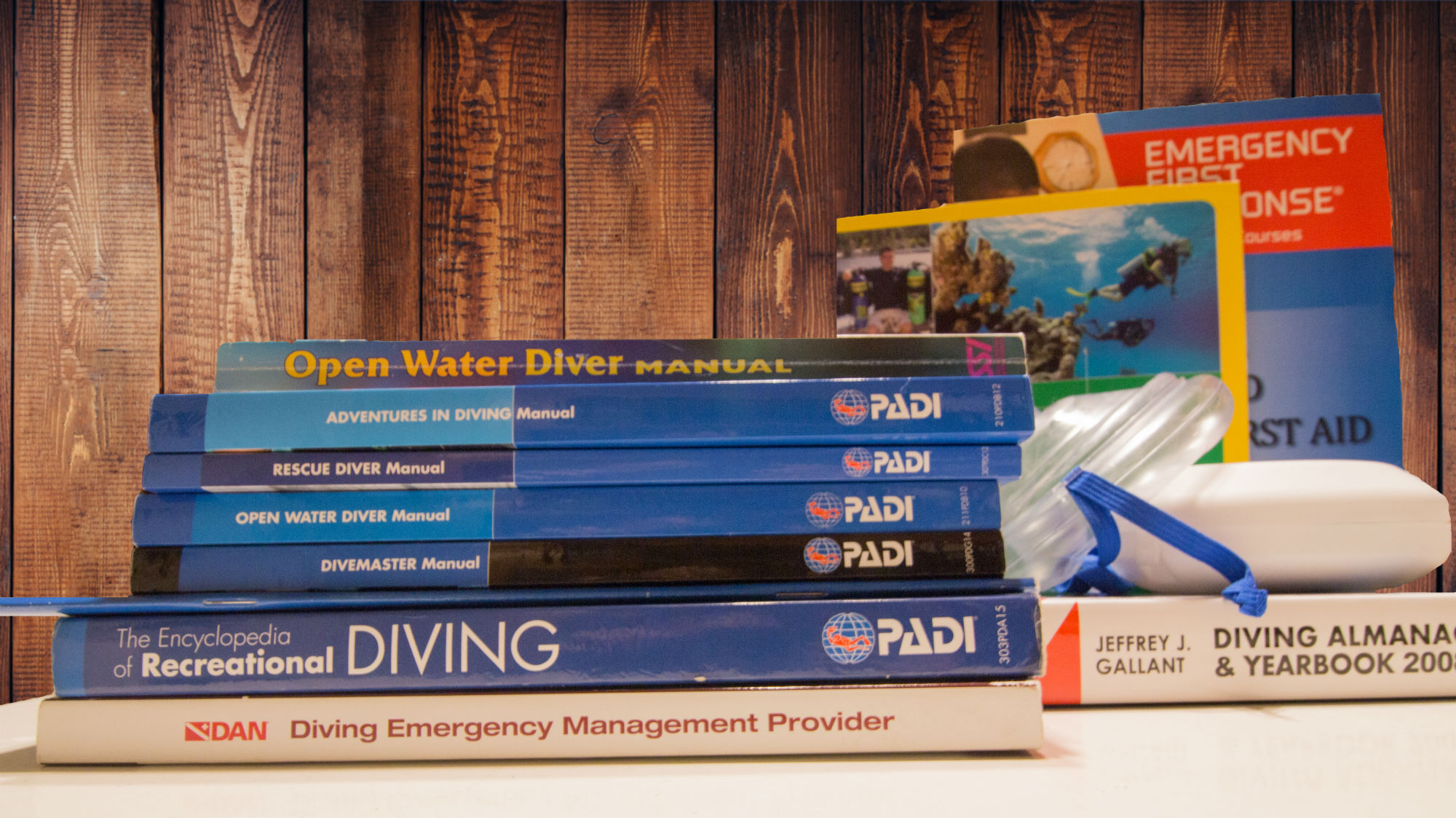
It’s hard to sum up such a major life experience and conclude it fittingly.
Undertaking my PADI Divemaster certification was a very demanding yet rewarding experience. It has been one of the highlights of my scuba career thus far.
Not only was it a bucket list item for Joey and me, but we had the opportunity to watch firsthand the joy in people’s faces as they learned to scuba dive for the first time. I loved reliving the best of my open water, advanced open water, rescue diver certification all the while perfecting my skills and sharing this experience with other fellow divers.
I look forward to someday taking the next step and indulging in my scuba instructor.
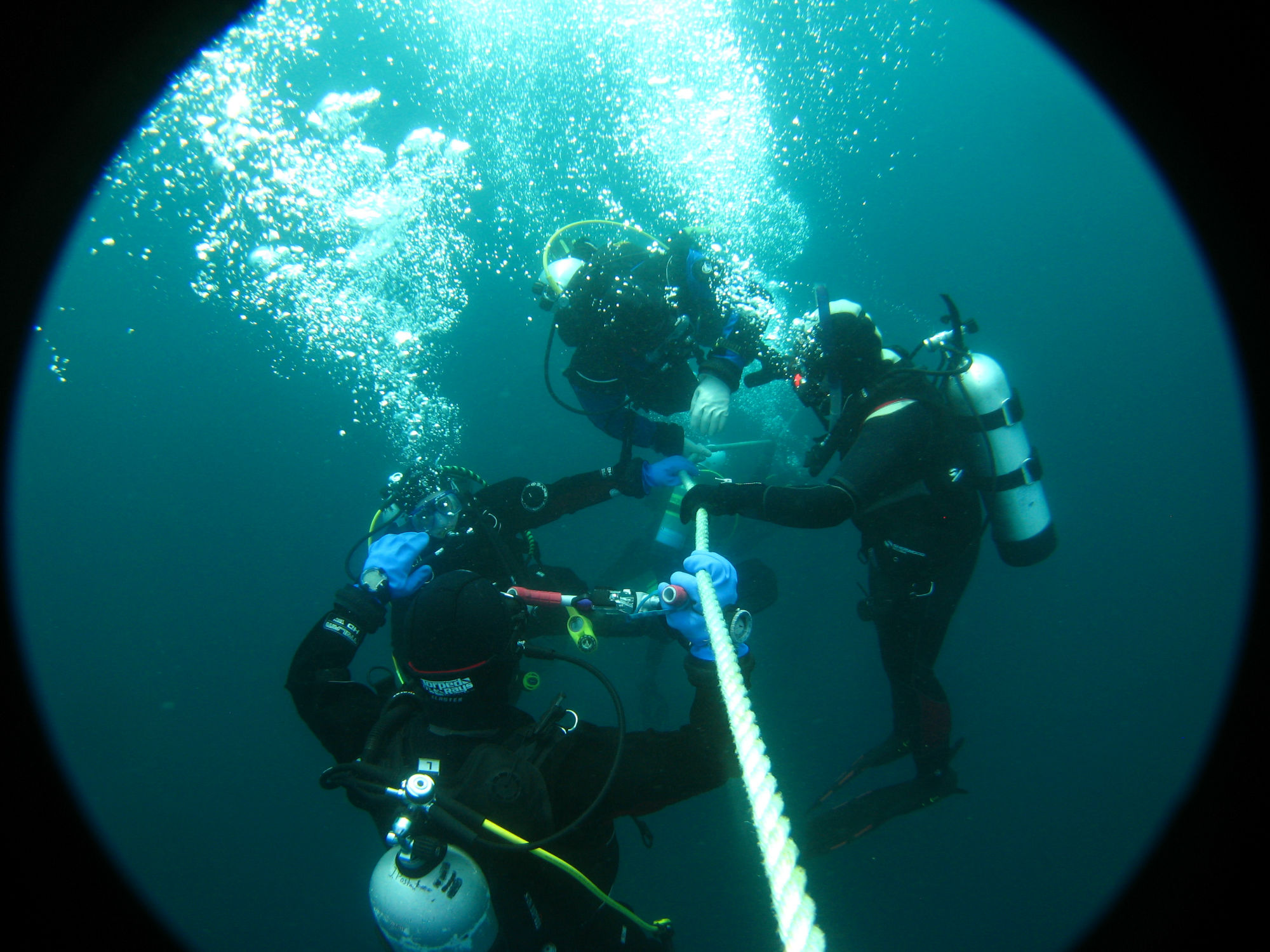
What’s your divemaster story: Did you do it close to home or in a land far, far away? Did you pay for it upfront or work out an understanding with the dive shop? How long did it take to complete?
Writers Note: A big thank you to my talented fishy friend Josh Schuening and Daphne Tai who contributed some pictures to this divemaster article. And to our dear Maude for being an incredible instructor and friend.
This post may contain affiliate links. We will make a small commission if you make a purchase through one of these links, at no extra cost to you. See full disclosure and disclaimer policy here.

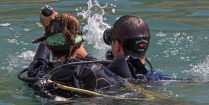
Becoming a PADI Rescue Diver is a great way to further your knowledge and give yourself the tools to stay safe on a dive.
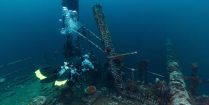
Whether sunk on purpose or as the result of a mishap, it’s a breathtaking experience to be able to visit a sunken wreck while scuba diving.
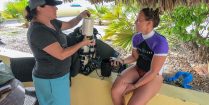
Bonaire TEK is an annual October occurrence, where Buddy Dive Resort partners with leaders in the tech diving industry for a week of technical dive demonstrations, equipment trials, presentations, training ins and outs, and camaraderie.
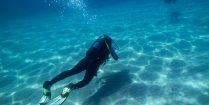
Thinking about sprouting gills and making the plunge into the underwater world? Find out if you're cut out to become an Open Water scuba diver.

Are you a pig on air? You are not alone. Find out how you can get more out of your scuba diving tank.
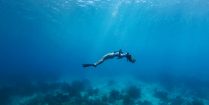
Hair versus scuba, now that's a combination that doesn't mix. So how do you stay away from the tares, tangles and hours upon hours of post-dive hair brushing?
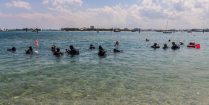
Organizing a dive vacation can be a challenge. To help, keep these four questions in mind when planning your next scuba diving vacation.

Sometimes a dive doesn’t go according to plan and when that happens, it’s important to be seen. Learn all about surface markers and why you should have one.
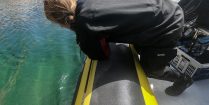
As a diver, sometimes you get hit with seasickness. Here are our solutions to dealing with seasickness before and during your dive.
